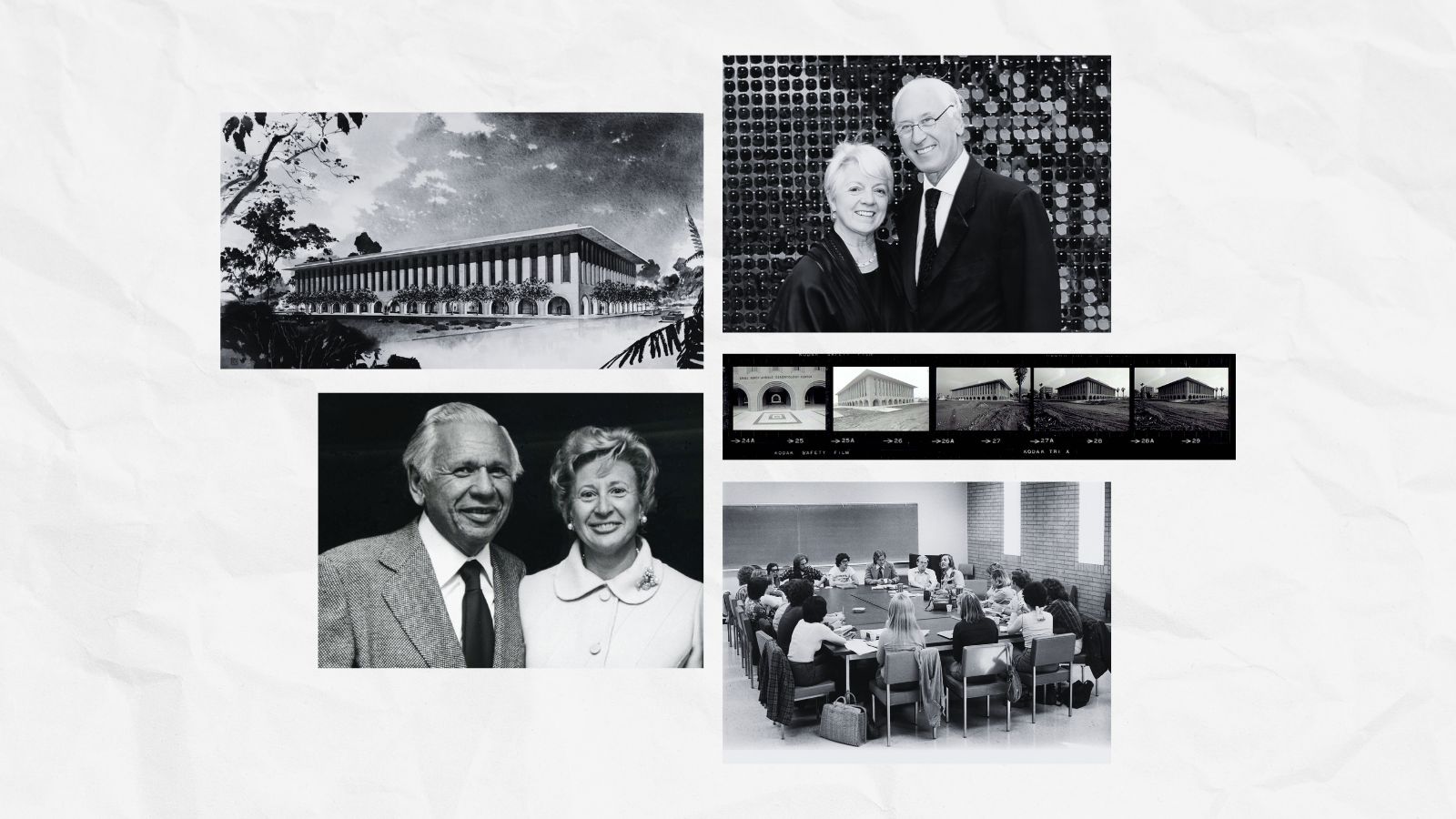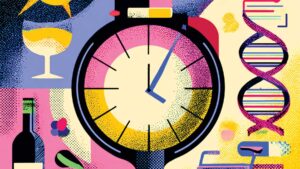India Currents (via NewsBreak) explores the emotional and social isolation many family caregivers face and highlights the importance of preparing ahead and accessing support services for sustainability and well-being. Pointing out the lack of infrastructure and the expenses of caregiving, Donna Benton said, “We don’t have as many paid caregivers who can help. Even for an informal family caregiver, we have a lot of systemic barriers – payment rules and health insurance rules that have become so complicated that you need a degree in how to handle healthcare financing.”


La Opinión reports on how many family caregivers in California—especially those who don’t self-identify as caregivers—lack access to the information, services, and support they need as they provide most long-term care for older adults. The article highlights insights from Donna Benton of the USC Leonard Davis School’s Family Caregiver Support Center, who emphasizes that with more people living into their 80s and beyond, caregiving can extend for many years and that caregivers need more support, respite, and community resources to sustain themselves and the dependents they care for. “Society has not adapted to this change in needs, especially considering how complex it is now to care for someone at home.”
Knowridge Science Report featured research led by Caleb Finch suggesting that excess iron in the brain may help explain why people with Down syndrome are at much higher risk of developing Alzheimer’s disease at an earlier age.
New York Post reported on a study showing that periodic short cycles of the Fasting‑Mimicking Diet (FMD) diet could reduce biological age, improve metabolic health, and lower disease risk without requiring complete food abstinence. “This is the first study to show that a food-based intervention that does not require chronic dietary or other lifestyle changes can make people biologically younger,” said study corresponding author Valter Longo.
Fox News covered a study led by Professor Daniel Nation showing that rapid beat-to-beat fluctuations in blood pressure may signal early brain health problems—even when overall readings look normal. “Even when blood pressure is well-controlled with medication, the rapid fluctuation in blood pressure from heartbeat to heartbeat is associated with worse memory and signs of brain shrinkage and brain cell injury,” he said.
New Scientist mentioned a USC Leonard Davis study on how heat impacts biological aging.
Times of India, Newsweek, and others featured a study led by Professor Daniel Nation that revealed how rapid, short-term fluctuations (beat-to-beat) in blood pressure — even when the average is normal — are linked with brain shrinkage in regions critical for memory and cognition. “Our findings show that even when average blood pressure is normal, instability from one heartbeat to the next may place stress on the brain,” Nation said.







